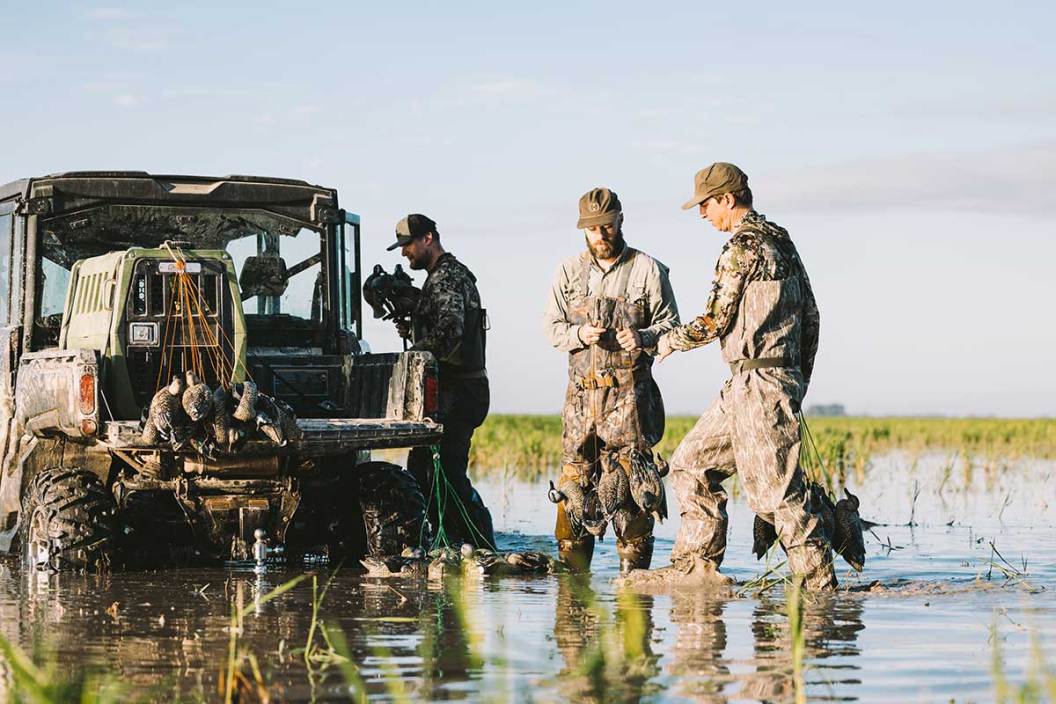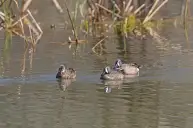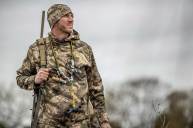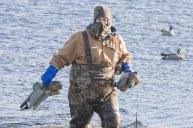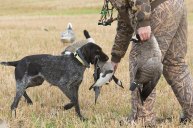The most exciting time of the year for many of us is here: waterfowl season! Here in the midwest we have just finished up our short early season, and there were moments of tremendous success, and a few flat out failures. I am grateful for both as the failures tend to make me a better hunter, even if only slightly, but sometimes at the expense of blowing a hunt. Over the years I have been fortunate enough to meet some of the best waterfowl hunters in the world. What I have learned from them is that becoming a great waterfowl hunter isn't something that you're born with, but rather something that you learn and evolve into over years of trial and error.
I was able to meet with one of those aforementioned waterfowl hunters a couple of weeks ago, and he was willing to sit down and explain some of the things he has learned over the years hunting ducks and geese, and help me apply those to my own hunting, in hopes of increasing my success. Now I'll pass that advice on to you.
1. Scout Heavy
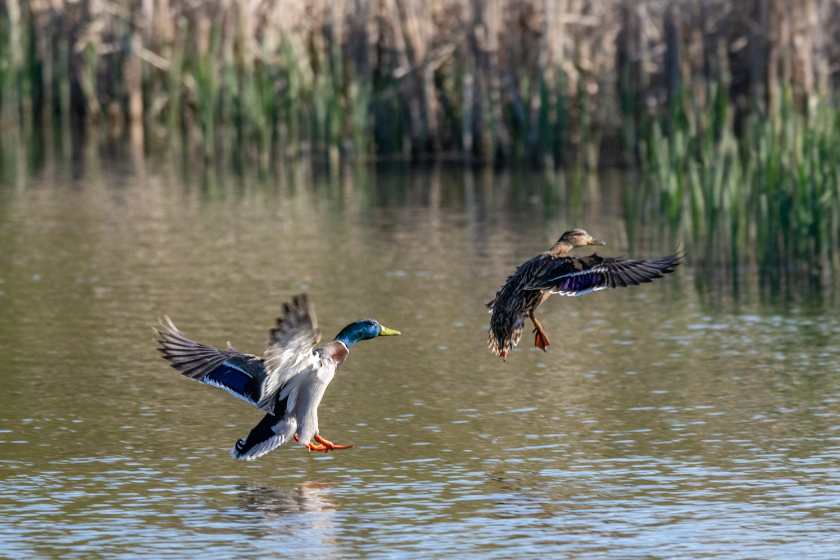
One of the biggest things that separates successful waterfowlers from average waterfowlers, is how heavily the successful ones scout. My duck hunting buddy mentioned that he would scout so often when he was younger, that he would have a different hole to sit at for nearly every day of the season. While that isn't exactly realistic for everyone, and will depend heavily on where you are located, scouting is perhaps the most crucial part of waterfowl hunting. There is an old saying frequently used by waterfowlers, "Go where the birds are." It's simple, and perhaps a little bit cliché, but it couldn't be more true. Scout, scout, and then scout some more.
2. Invest in the Right Gear
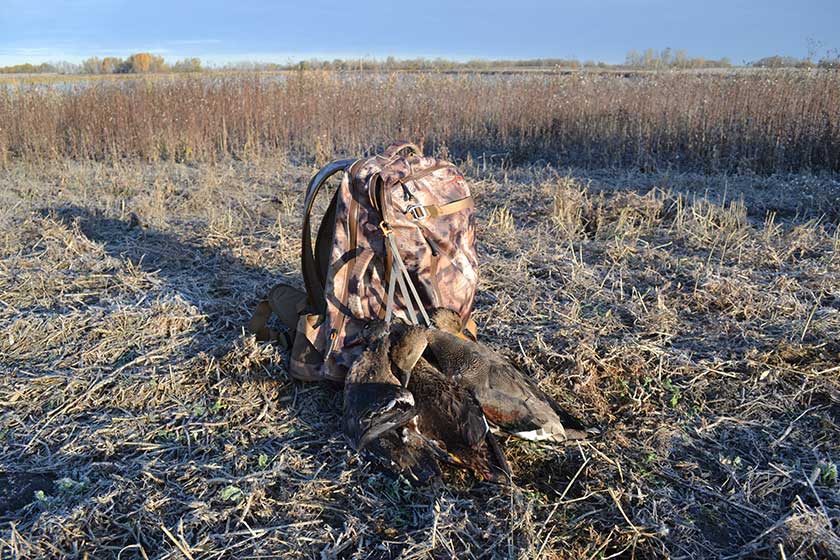
Nobody puts as much of a beating on their gear as waterfowlers. From wading waist deep in rough swamps, to sticking it out in an ice storm during the late season, we definitely push our gear to its limits. Because of this, it's imperative you invest in quality gear that will get you through every hunt comfortably. Nothing will ruin a hunt quicker than unreliable gear.
3. Use Appropriate Decoys
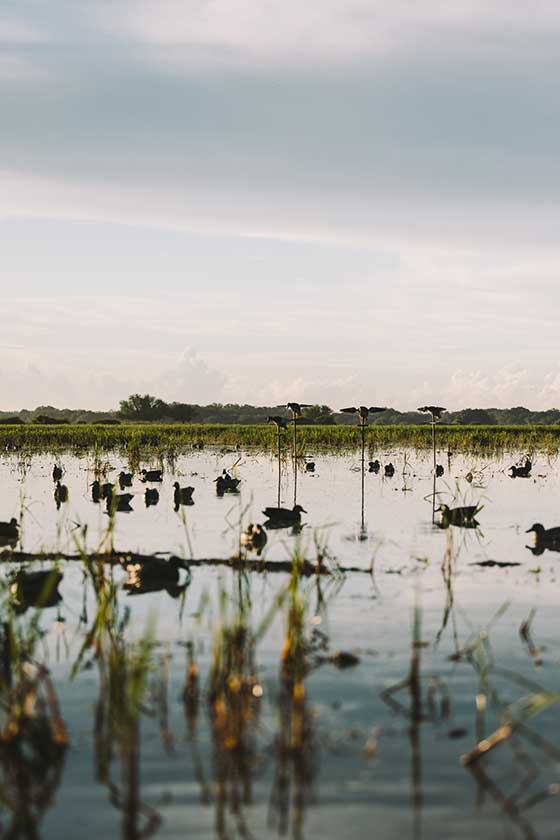
Isaac Neale
If you're hunting the early teal season, it doesn't make much sense to throw out some mallard decoys, right? You'd be surprised at how often this is forgotten. You should always try to have your spread mimic the environment. If you're hunting in an area known for pintails and gadwalls, use those decoys. If you're hunting a secluded pond that holds 90% woodies, leave the mallards at home. Ducks and geese have incredible vision, and they're also very intelligent birds. If something looks off about your decoy selection, they aren't going to bother with it. Choose your decoys wisely, and invest in a wide variety of birds so that you're always prepared.
4. Stay Hidden
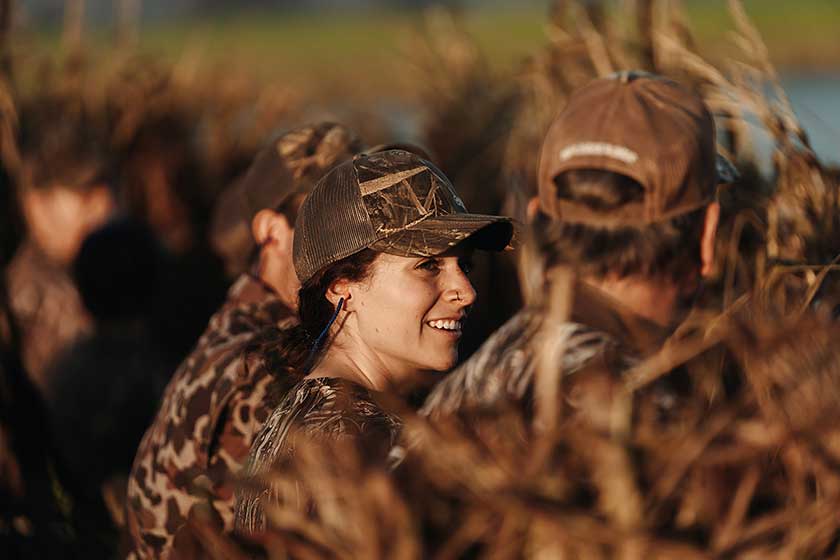
Academy Sports + Outdoors
I just mentioned the impressive eyesight of ducks and geese, but it's so important that it deserved its own spot on the list. While you might get away with a somewhat open setup when hunting deer or hogs, this won't work for waterfowl. Hardcore waterfowlers spend days preparing their blinds to ensure that everything looks as natural and as concealed as possible. Science has shown that waterfowl species like ducks and geese can see about three times further than we can, and can detect a much broader color spectrum, allowing them to key in on fine details. That means your blind, your camo, and even your shotgun barrel might stand out unintentionally. When you're duck or goose hunting, uou can never be too hidden!
5. Work on Your Shooting
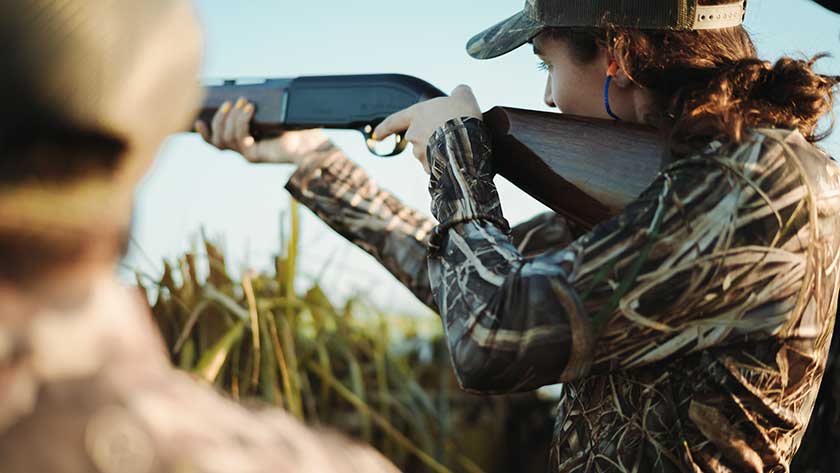
Academy Sports + Outdoors
You can do everything right to bring the birds in, but if you can't finish them, what's the point? Making accurate shots on speedy waterfowl can be a difficult task, so it's important that you are comfortable with your shotgun. My duck hunting friend highly suggests offseason training. During the offseason, I like to spend as much time as possible shooting clay pigeons to ensure that I am staying sharp on my shooting. Visit a local shooting range and work on tough shots that you might experience in the duck blind.
6. Use the Right Ammo
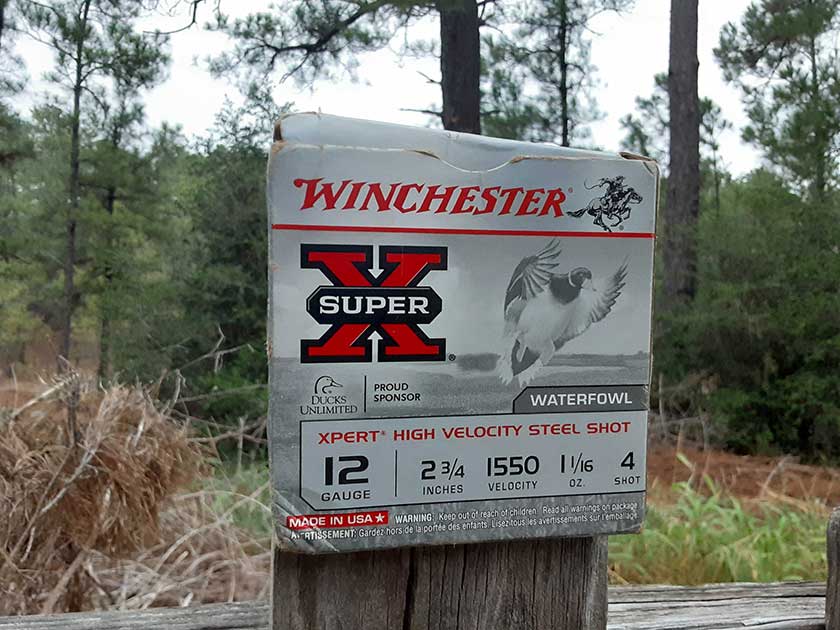
You've probably noticed a shot number on that box of shells you bought. What does that mean? In a general sense, the shot number refers to the size of the pellets within the shell. The higher the shot number indicates the smaller the pellet, thus having more pellets within the shell.
Choosing the right shot size is incredibly important when hunting waterfowl. For early season teal hunting, you'll probably want to use 6 shot, due to teal being one of the smallest waterfowl species. Teal are also the quickest, so the most amount of pellets (while also not destroying the meat from oversized steel) is the ticket. On the other hand, if you're going after specks or snow geese, you'll want to use something that packs a bigger punch such as BB or 1 shot.
7. Call When it Counts
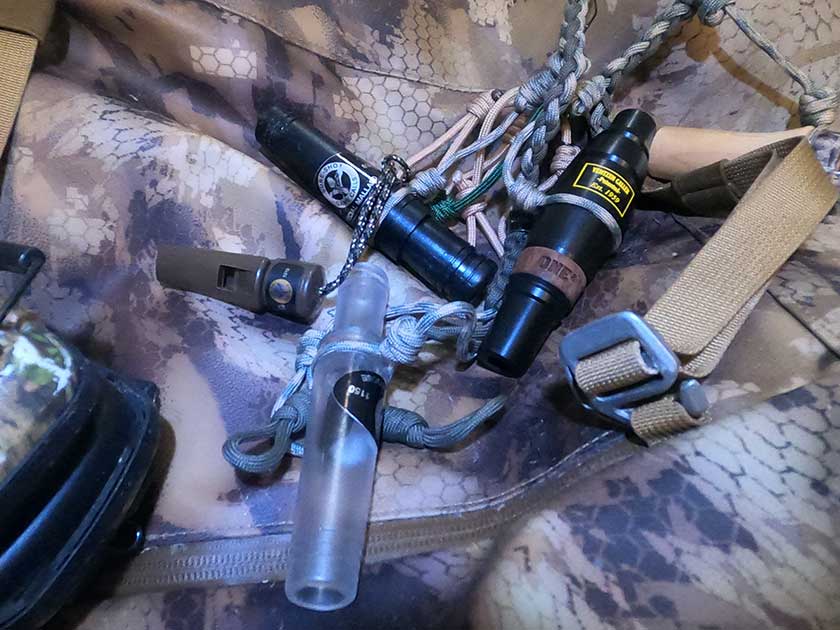
Knowing how to blow a duck or goose call is great. Knowing when to blow that call is absolutely essential. Ducks are often wary creatures, especially towards the end of the season as they become more educated. Overcalling and calling at the wrong times can blow your spot quickly. You should call ducks as though you're playing hard to get. Only become desperate as the birds are leaving, then you can let it rip with a loud five to seven note cadence. If it looks like birds are committed to your spot, a couple quacks or feed chuckles is more than plenty.
8. Get There Early

If you're like most waterfowlers, a good portion of your hunting is going to be done on public land. Some of my best memories hunting waterfowl were on public land, and most of the time, that included trying to get up as early as possible to beat all of the other hunters to the hole. It was part of it, and I think everybody enjoyed it to some degree (even those that slept in a little too late).
Set that alarm clock a little bit earlier than usual, and plan to get to your spot well before sunrise. When I was in college, sometimes we would aim to be set up at our blind three hours before legal shooting light, and sometimes, even that was too late. The early hunter gets the bird!
9. Stay Late
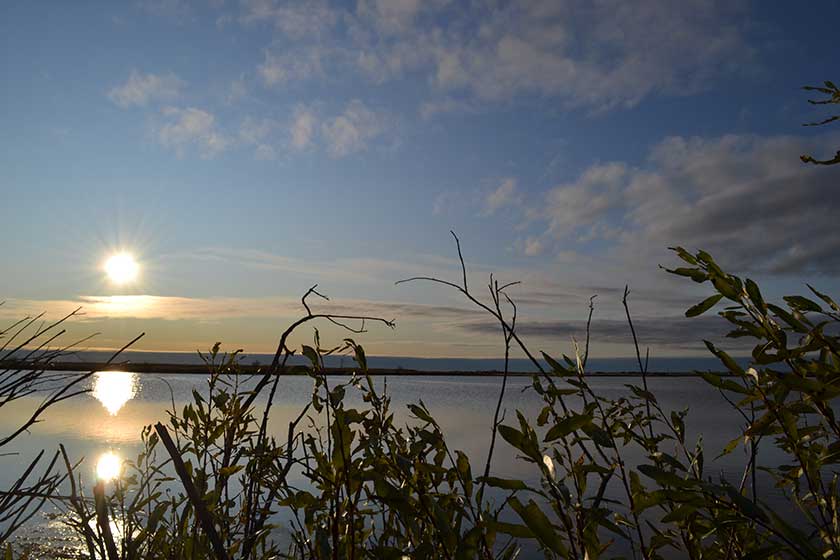
I couldn't even count how many birds I would have missed out on if I had packed it up when I initially wanted to, and my waterfowl hunting friend agrees. If I would go an hour or so without seeing a single bird, I'd set down my shotgun, get ready to grab my decoys, and stop worrying about staying hidden. Then out of nowhere, a big flock shows up on the water. Persistence always pays off, especially with waterfowl. You may think your spot has gone cold for the day, but more often than not, another flock is right around the corner. Stick it out, remain still and quiet, and you might start hitting more limits!
10. Have Fun
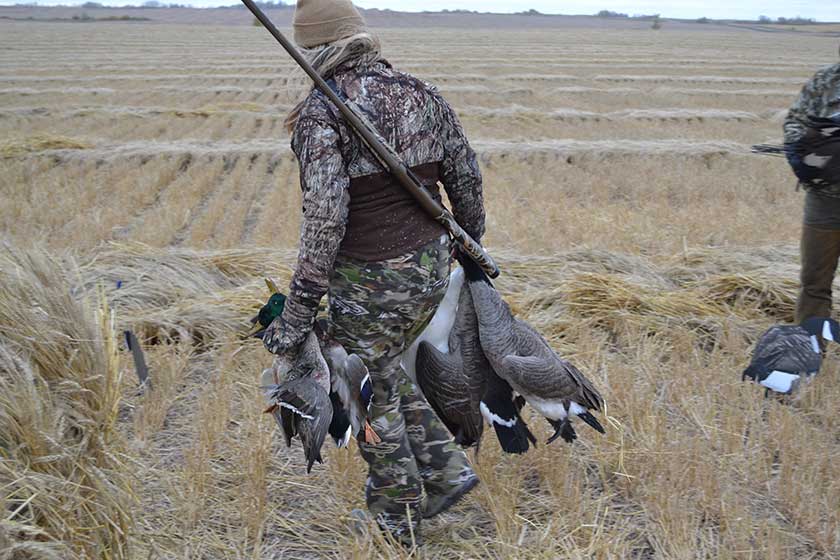
Alright, alright, this one is a little cheesy. But it's important. By duck and goose hunting pal says it will also make you a better waterfowl hunter. So often we start to put pressure on wanting to hit limits, or wanting to get a certain number or a certain species, that we forget to just enjoy the outdoors altogether.
Remember why you started hunting. Enjoy the outdoors, and appreciate the camaraderie with friends and family in the duck blind. This will take the pressure off of yourself, and you'll find that you see more success instinctually. The duck blind has been my main escape from any stressors life throws at me, but if I'm stressing in the blind, what's the point? Never lose sight of the joy that the outdoors brings us.
